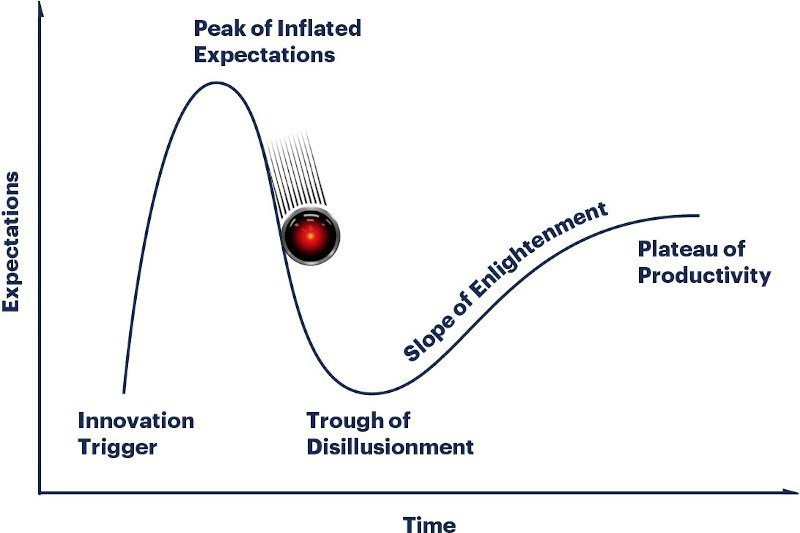
China has a different relationship with its tech monopolies than the US does, thanks to a combination of state ownership, state investment, crossovers between Party members and PLA veterans with the directorships and leadership of Chinese Big Tech.
1/
1/

Both countries use their Big Tech firms to project soft power (and surveillance capabilities) around the world, of course, and the US tech industry is certainly part of the US military-industrial complex, but that relationship is more tacit than explicit.
2/
2/
But overt or tacit, explicit or unspoken, monopolistic power harms the public and - eventually - challenges the power of the state, which creates coalitions between the public and their governments to fight back against corporate concentration and dominance.
3/
3/
In November, the Chinese State Administration for Market Supervision published a draft "New Anti-Monopoly Guidelines for the Platform Economy," proposing ambitious curbs on Chinese tech monopoly power.
samr.gov.cn/hd/zjdc/202011…
4/
samr.gov.cn/hd/zjdc/202011…
4/
The centerpiece of these regulations are prohibitions on "Big Data Backstabbing" - using digital surveillance to dynamically price goods according to a merchant's guess at how much you're willing to pay.
sixthtone.com/news/1006494/c…
5/
sixthtone.com/news/1006494/c…
5/
While it's hard to know if you're being backstabbed, it's an article of faith among Chinese internet users that this is going on: 88% believe it occurs, and 57% believe they've been a victim of it.
6/
6/
Backstabbing is thought of as a kind of anti-loyalty reward whereby existing customers are charged higher prices; the popular memes for this are:
* "Old users are treated worse than dogs”
* “It’s the people who know you best who hurt you the most"
zhihu.com/question/35108…
7/
* "Old users are treated worse than dogs”
* “It’s the people who know you best who hurt you the most"
zhihu.com/question/35108…
7/
Price discrimination is one of those subjects that reveal the cracks in economics: economists (especially the ruling neoclassical cult) consider price discrimination "optimal" and argue that economies with widespread price discrimination are better at allocating resources.
8/
8/
But people HATE price-discrimination. Think of the universal loathing we have for the ever-shifting, opaque system by which the airlines price seats (AA is so desperate that they're offering a "always lowest price" package to fliers who prepay for $5k/year of travel).
9/
9/
Price discrimination is so widely and automatically viewed as unfair - despite economists' claims of "optimalness" - that companies have to hide their price discrimination and lie about it or use euphemisms for it, which just makes the whole thing seem even shadier.
10/
10/
It's a perfect wedge issue to rally popular support for the wonky world of anti-monopoly enforcement, so that states that defend their power from corporations can secure a massive cohort of pissed-off shoppers to back their play.
11/
11/
Article 17 of the new proposed Chinese rules sets out the factors that can lead to a finding of "discriminatory treatment" in a transaction, giving regulators leeway to punish data-mining to determine a buyer's purchasing power or history, online activity, or preferences.
12/
12/
Interestingly, it's not a firm requirement: the rule ALLOWS regulators to consider data-mining-based discrimination, but does not require them to when investigating accusations of ripoffs.
13/
13/
The rule also carves out some broadly defined "safe harbors" for platforms, like offering promotions to attract new customers, and, according to @SixthTone's analysis by Shen Weiwei, allows companies to use credit histories to practice price discrimination - a huge loophole.
14/
14/
Shen suggests that the vagueness of the rules are a feature, not a bug, allowing regulators to practice forbearance when it comes to conduct they don't consider odious, and cracking down selectively on those they judge to be the worst offenders.
eof/
eof/
• • •
Missing some Tweet in this thread? You can try to
force a refresh









